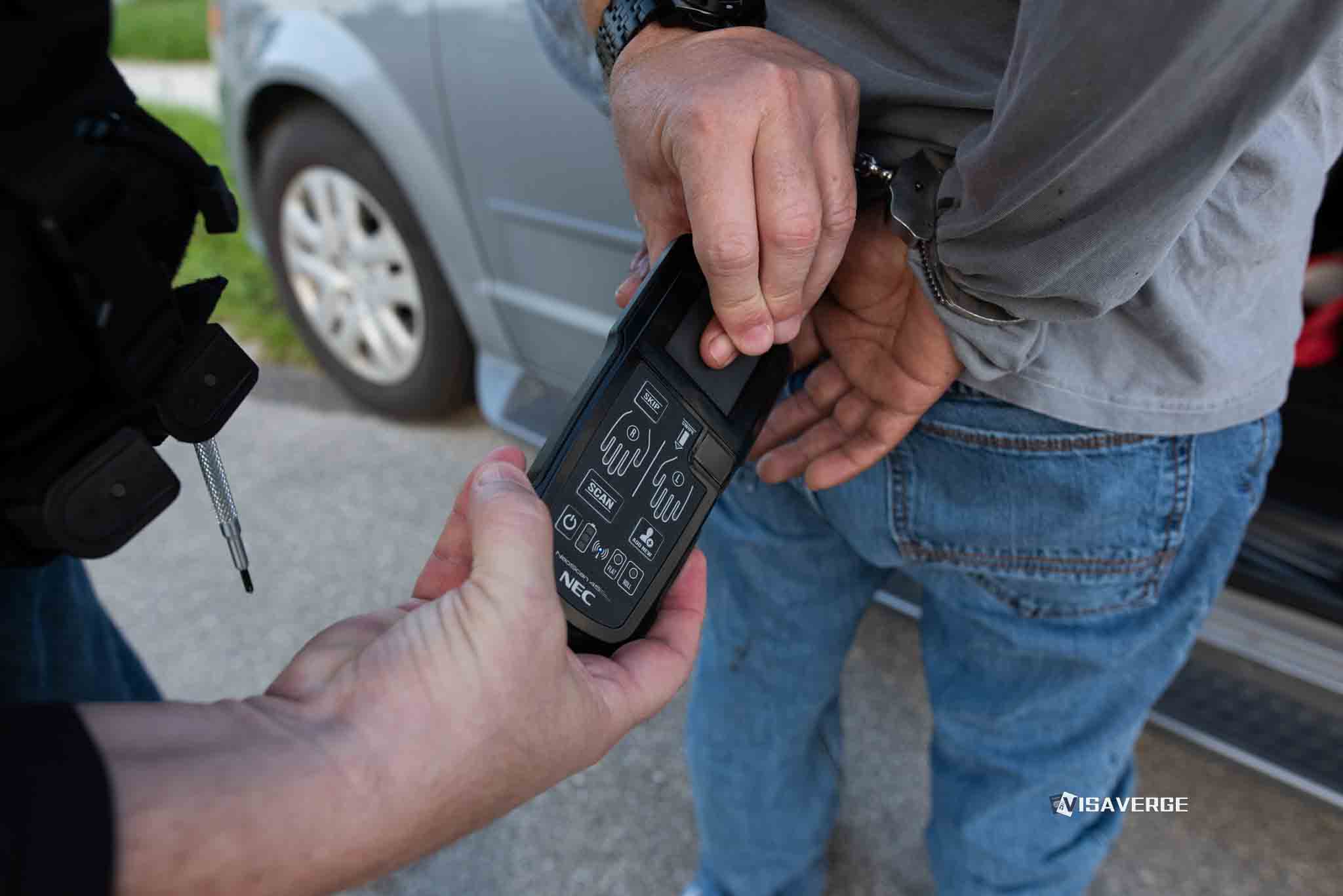(UNDEFINED) With a federal government shutdown looming, conditional green card holders are asking whether Form I-751, Petition to Remove Conditions on Residence (Form I-751), the petition to remove conditions on residence, will still move forward. The short answer from immigration officials and attorneys is yes: USCIS continues most operations during a shutdown because it is funded by application fees, not annual congressional spending bills. That means I-751 adjudications and green card production generally continue, even if other agencies pause some services.
USCIS has repeated this message during past funding lapses, and agency practice has been consistent. While some parts of the federal government close their doors, the immigration agency keeps its core functions running. For families who have filed the I-751 on time—or are about to—this stability can be a lifeline during an uncertain news cycle.

Operations during a federal shutdown
During a shutdown, agencies that rely on yearly appropriations (for example, parts of the Department of Labor) may suspend many activities. The Office of Foreign Labor Certification typically stops processing new labor condition applications, but that office does not play a role in I-751 adjudications. USCIS does.
Because USCIS is fee-funded, I-751 processing typically continues. Analysis by VisaVerge.com indicates applicants can generally expect:
- Receipt notices to be issued
- Biometrics appointments to be scheduled
- Decisions to proceed as usual, though some field office functions may slow due to staffing or local conditions
Equally important, green card cardmaking has not halted during prior shutdowns. Approved I-751 petitions have still led to issuance of 10-year Permanent Resident Cards.
USCIS also provides a safety net for those waiting: I-751 receipt notices extend conditional resident status automatically, now for up to 48 months from the card’s expiration date. The receipt notice extension:
- Serves as proof of status and work authorization
- When paired with a valid passport, supports international travel
For many couples, the receipt notice is the bridge they rely on while the case is pending. A typical timeline looks like this:
- A conditional resident files
Form I-751during the 90-day window before the two-year green card expires. - The filer receives a receipt notice that contains the automatic extension.
- The filer attends biometrics if required.
- If USCIS requests one, the filer attends a marriage-based interview (see below on attendance rules).
Important: If an interview is scheduled, the applicant must be physically in the United States to attend, even if they mailed the petition while abroad.
Impact on applicants
Immigrants often worry that a shutdown means their status could lapse if the agency is closed. Here’s the realistic picture during a shutdown as it relates to I-751:
- USCIS remains open for fee-based services, including I-751 intake, biometrics, and adjudications.
- Green card production generally continues, so approved I-751s can still lead to card issuance.
- Receipt notices extend conditional resident status up to 48 months, providing work and travel flexibility.
- Interviews, if required, must be attended in the U.S. Rescheduling is possible but can add months.
- Some delays may occur due to staffing or local office operations, but a shutdown does not stop I-751 work.
Practical implications for employers and travelers:
- Employers can continue to verify employment authorization using the receipt notice plus the expired two-year green card under I-9 rules.
- Families planning international travel should carry:
- A valid passport
- The expired two-year green card
- The I-751 receipt notice that shows the extension
Airlines and border officers are generally familiar with these documents, though travelers should allow extra time in case frontline staff need to review them carefully.
USCIS still advises people to file on time. If you miss the 90-day filing window and don’t have a strong reason, USCIS can place you in removal proceedings. A shutdown does not relax that rule. Applicants who file late should include a clear explanation and evidence (for example, medical emergencies or natural disasters) to seek forgiveness for the delay.
Many families also ask whether they can file the I-751 while outside the United States. Filing from abroad is allowed in many cases—particularly when a spouse’s job requires travel—but:
- If USCIS schedules an interview, the conditional resident must return to the U.S. to attend.
- Failure to appear for a scheduled interview can lead to denial, which carries serious consequences.
Practical steps and official guidance
To reduce stress during a shutdown period, focus on steps within your control:
- File
Form I-751on time during the 90-day window before expiration. - Keep your receipt notice safe; it extends status up to 48 months and proves work authorization.
- If you move, file an address change with USCIS promptly to avoid missing notices.
- Travel with your passport, expired two-year green card, and the original receipt notice.
- If an interview is scheduled while you’re abroad, return to the United States to attend.
- If you need proof of status for your employer or DMV, bring your receipt notice and expired card.
For the official form, instructions, and current processing guidance, USCIS maintains a dedicated page: Form I-751, Petition to Remove Conditions on Residence. The agency’s page explains:
- Who must file jointly
- When a spouse can request a waiver of the joint filing rule
- Required evidence and fees
- The latest policy update extending the validity of receipt notices to 48 months
That 48-month extension is meant to reduce pressure on applicants as backlogs fluctuate.
Common scenarios and troubleshooting
Consider a common scenario: Ana, a conditional resident married to a U.S. citizen, worries about losing job authorization during a reported shutdown. She:
- Files I-751 in her 90-day window.
- Receives a receipt extending her status.
- Shows the receipt and expired card to her employer and keeps her job.
- Travels abroad with her passport and receipt notice.
- When an interview notice arrives, reschedules and returns to the U.S. to attend.
This steady path reflects what many families experience during shutdown periods.
Attorneys note the most frequent hiccups are not caused by the shutdown itself but by:
- Missed mail
- Late filings
- Confusion about travel documents
Helpful practices:
- Keep copies of everything you submit
- Save USPS or courier receipts
- Track your case online
- If you lose the receipt notice, request an appointment with USCIS for an I-551 stamp as temporary proof (appointment availability may vary)
A shutdown can affect other immigration streams—for example, workers relying on Department of Labor certifications may face pauses—but that typically does not spill over into I-751 processing. Family-based conditional residents should see continuity. VisaVerge.com reports that during prior shutdowns applicants still attended biometrics and interviews, and USCIS continued issuing decisions.
For older filings stuck beyond normal time frames, a shutdown is rarely the primary cause. Backlogs usually result from staffing, training, or policy shifts. Applicants can:
- Submit case inquiries if their filing is outside normal processing times
- Seek help from a congressional office
- Request an InfoPass appointment for an I-551 stamp in urgent travel or employment cases
Key takeaways
USCIS processing of I-751 petitions generally continues during a shutdown, and receipt notices extend status up to 48 months. Green card production also continues in most cases.
Actionable reminders:
- File on time and keep documents handy.
- Travel with your extension notice and passport.
- Plan to attend any scheduled interview in person in the U.S.
- Use online case tracking, keep submission receipts, and seek an I-551 stamp if you lose your receipt notice and need immediate proof.
While the broader political standoff can feel unsettling, conditional residents have a clear path to maintain status and ultimately receive the 10-year green card.
Frequently Asked Questions
This Article in a Nutshell
Federal government shutdowns can disrupt many agencies, but USCIS typically continues processing fee-funded services like Form I-751. Historically, USCIS has issued receipt notices, scheduled biometrics, conducted interviews, and produced green cards during funding lapses. A key protection is that I-751 receipt notices automatically extend conditional resident status and work authorization for up to 48 months when paired with a valid passport, allowing travel and employment while cases are pending. Applicants must file within the 90-day window before their two-year card expires and attend any required interview in the United States. Although local office staffing or logistical issues can cause some delays, a shutdown does not usually stop I-751 adjudications. Practical steps include filing on time, keeping the receipt notice safe, updating addresses, traveling with required documents, and requesting an I-551 stamp if the receipt is lost or urgent proof is needed.













